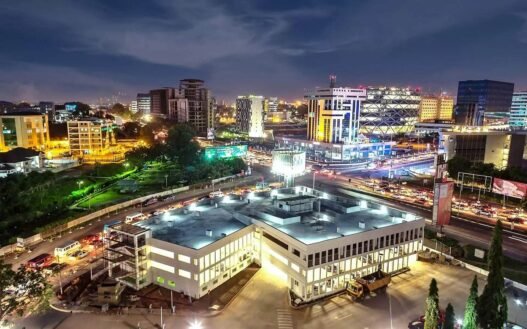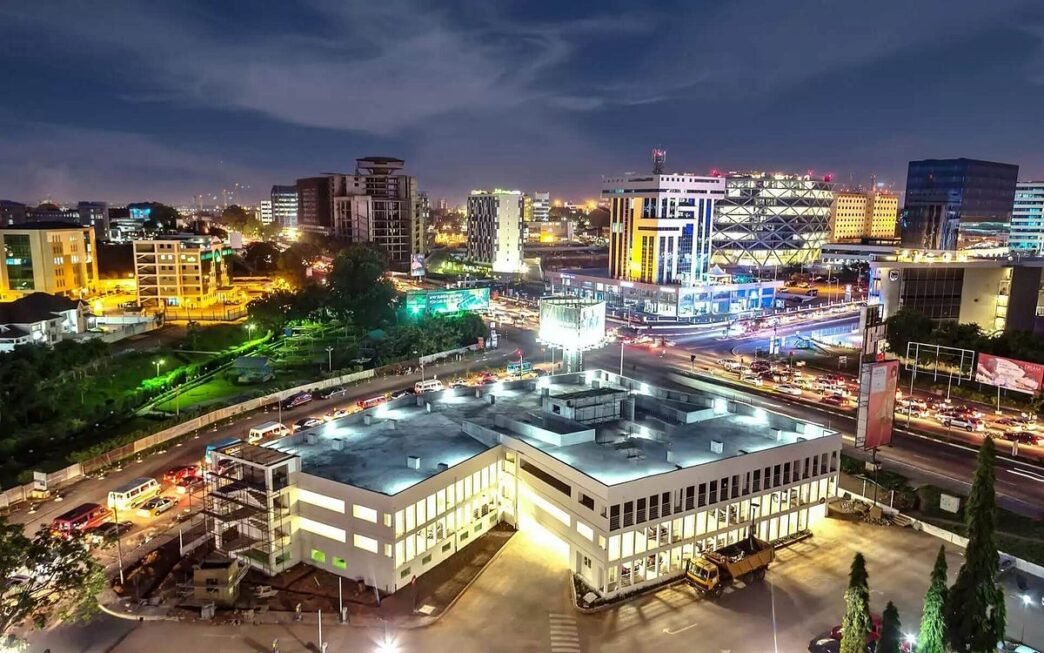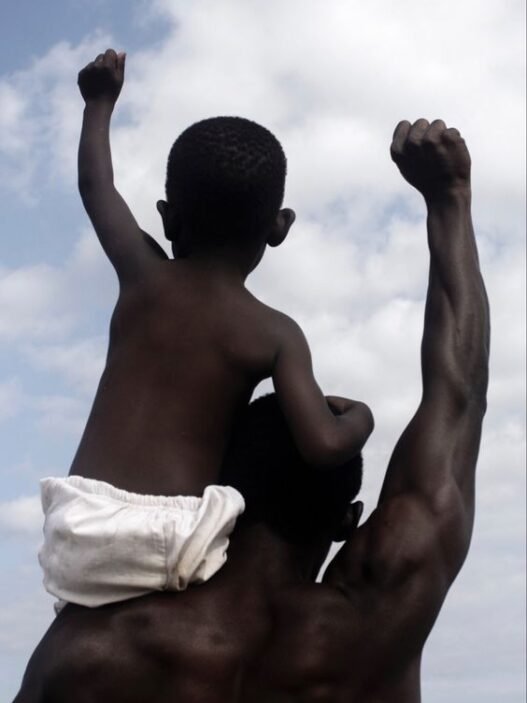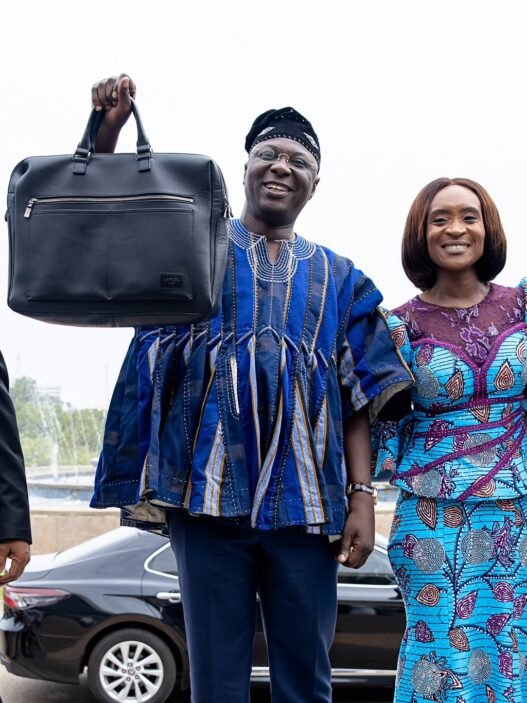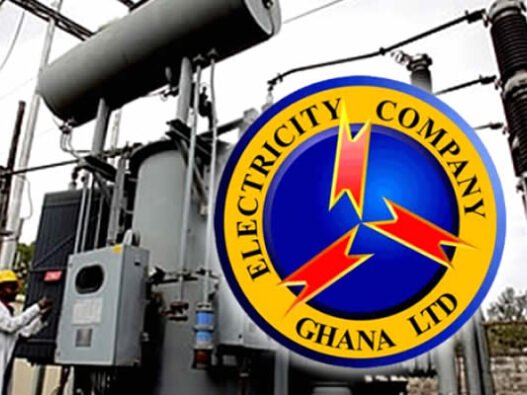Accra’s skyline is transforming—high-rise apartments, plush estates, and luxury condos are popping up everywhere. But as these upscale developments continue to rise, one thing is clear: Accra’s real boys are being pushed out. The city’s once vibrant and affordable neighborhoods are becoming playgrounds for the rich, while the average Ghanaian is left struggling to find a decent place to live. Who can afford to live in Accra anymore?
“Rent no yɛ too much oo! These landlords no dey joke!“
The Rise of Gentrification in Accra
Gentrification is not a new phenomenon, but its rapid pace in Accra has taken many by surprise. Once affordable areas like Osu, East Legon, and Cantonments are now home to towering developments with price tags that would make even the wealthiest pause. These changes may be dressing the city up with glitz and glamour, but they come at a cost: the displacement of long-time residents who can no longer afford to stay.
The boys who grew up playing chaskele in the streets of Jamestown or Sakumono are now being priced out of the very places that defined their childhoods. The city they once called home is becoming unrecognizable—a space where the rich thrive, and the rest simply survive.
Accra’s Landlords: Greed or Market Forces?
One of the driving forces behind this gentrification wave is the behavior of Accra’s landlords. With demand for upscale housing on the rise, many landlords have seen an opportunity to cash in. Rent prices in the city have skyrocketed, with landlords asking for two to three years’ rent upfront, making it nearly impossible for the average worker to afford a place within the city limits.
It’s not uncommon to hear people say, “Rent no yɛ too much oo! These landlords no dey joke!” But is it simply greed, or are market forces at play? As more expatriates and high-income earners move into these plush estates, the local housing market is naturally responding to this new demand—pushing rents to eye-watering heights that only a few can manage.
Affordable Housing for Who?
Despite talks from successive governments about affordable housing initiatives, the reality on the ground is grim. The so-called affordable units being built are still beyond the reach of most middle and low-income earners. How does a young professional earning GH₵3,000 to GH₵4,000 a month afford an apartment when the average rent in some parts of Accra is GH₵2,500 per month, and landlords are asking for years of advance payments?
Many young people, especially those in their 20s and 30s, are now forced to either move back in with their parents or share cramped spaces with friends just to make ends meet. It’s yawa for the boys, while the rich get to enjoy their ocean-view penthouses and luxury living.
The Social Divide: Wealth and Privilege in Accra
The gentrification of Accra is also deepening the social divide. While plush estates and gated communities cater to the wealthy, those on the other side of the economic spectrum are pushed to the fringes of the city, where access to basic amenities is limited. The disparity is glaring: a select few enjoy the perks of modern living—gym facilities, pools, and 24/7 security—while the majority continue to struggle with issues like flooding, poor roads, and lack of water supply.
This divide is creating a tale of two Accras—one for the wealthy, who live in blissful isolation, and one for the rest, who face the harsh realities of an increasingly expensive city. The heart of Accra, once accessible to all, is becoming a gated fortress where only the elite can reside.
Can Accra Be Saved?
The question remains: What can be done to address Accra’s gentrification madness? While development and urbanization are inevitable, there must be a balance that ensures the city remains livable for people across all income levels. Rent control policies, more affordable housing schemes, and incentives for landlords to offer reasonable rates could help stem the tide of displacement.
Accra is a city built by its people, and its future should be inclusive of everyone—not just the rich and privileged. Until real measures are taken, the housing crisis will only worsen, and the real boys of Accra will find themselves pushed further to the outskirts, watching from the sidelines as their city transforms into a place they can no longer call home.









